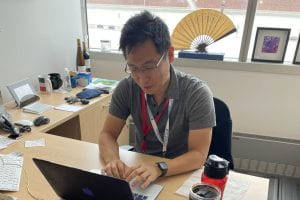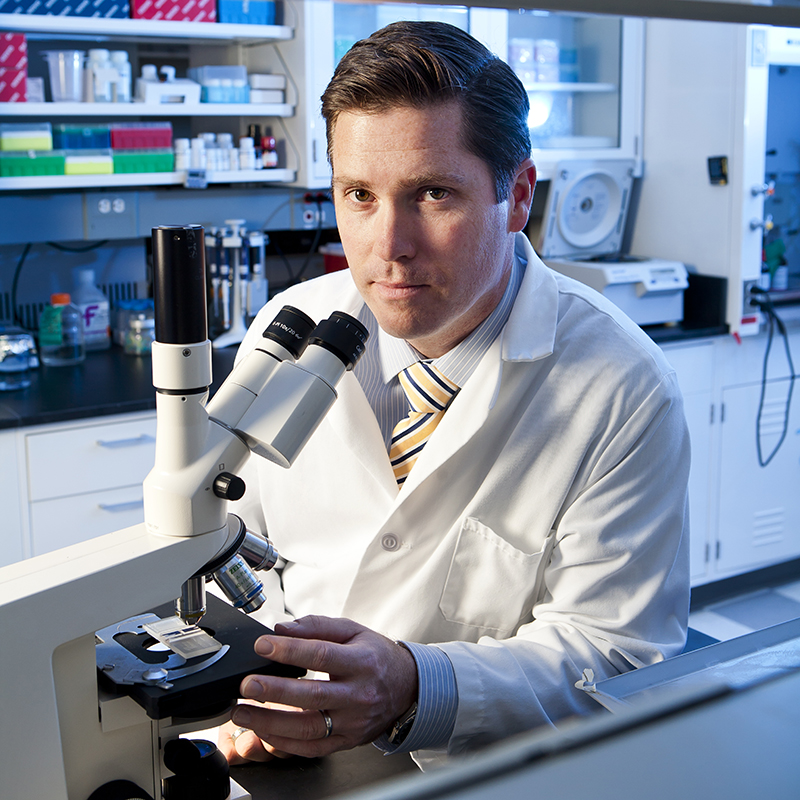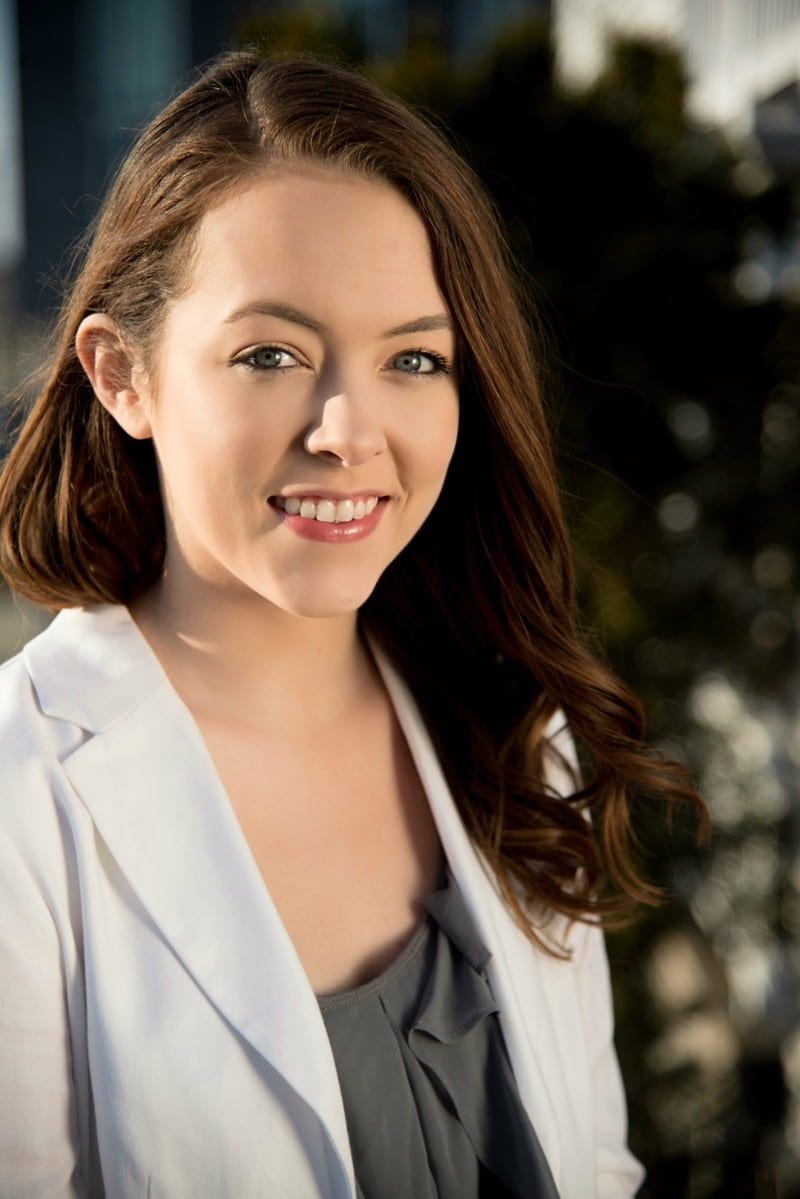Congratulations to Dr. Fisher as The Biomedical Engineering Society (BMES) announced his election to its Board of Directors beginning this fall. Fisher is a MPower Professor, Distinguished-Scholar Teacher, Fischell Family Distinguished Professor, and Department Chair in the Fischell Department of Bioengineering (BIOE) at the University of Maryland (UMD).
Fisher has been an active member of BMES for more than 20 years, having joined the society in 2003 and been named a Fellow of BMES in 2016. He has served in various roles in the society, including abstract reviewer, session chair, and track chair in numerous Annual BMES Meetings.
“I am thrilled to continue supporting BMES as a member of the BMES Board of Directors and to give back to the society that has provided us with so many opportunities over the years.”
John P. Fisher
Established in 1968, BMES is the world’s leading professional society for students, faculty, researchers, and industry professionals in biomedical engineering. With over 6,800 members, the society is committed to fostering an inclusive community to advance human health through education, discovery, and translation.
BMES hosts an Annual Meeting that brings together over five thousand biomedical engineers each year and puts on more than 2,500 scientific presentations, including talks on cancer treatment, heart disease, women’s health, global health disparities, and more.
In 2018, Fisher was the Co-Chair of the BMES Annual Meeting in Atlanta, Georgia, spearheading the large celebration of theBMES 50th Anniversary.
In addition to his work with BMES, Fisher has served in numerous member and leadership positions within partner societies, including the American Institute for Medical and Biological Engineering (AIMBE); the International Academy of Medical and Biological Engineering (IAMBE); the International Society for Biofabrication (ISBF); the Society for Biomaterials (SFB); and the Tissue Engineering and Regenerative Medicine International Society (TERMIS).
In many of his society positions, as well as in his role at UMD, Fisher has worked closely with historically underserved and underrepresented students, encouraging their participation in and passion for STEM careers.
“Recent events in our country and across the world have presented a number of challenges to our society and within our scientific communities—challenges around health, equity, and economics,” says Fisher.
In his new role on the BMES Board of Directors, he proposes to address these challenges with “continued, enhanced, and robust vigilance to support the work of the students, trainees, and young investigators of BMES. From reduced financial burdens to mentorship and expanded opportunities to share their work with the broader scientific community, our commitment to the next generation of biomaterial scientists and engineers is particularly needed at this critical juncture.”
Fisher currently serves as Past-President of the Americas Chapter of TERMIS and was the Co-Chair of the 2014 TERMIS-Americas Annual Meeting. In his TERMIS leadership roles, Fisher led efforts to broaden the TERMIS-Americas Chapter from North America to the entire Americas, established the Diversity, Equity, and Inclusion (DEI) Committee within the chapter, and participated in a delegation to South Africa to launch Africa’s first tissue engineering society.
In addition, Dr. Fisher currently serves as the Co-Editor-in-Chief of the journal Tissue Engineering while serving on the editorial boards of key biomedical engineering journals such as the Journal of Biomedical Materials Research Part A; Bioprinting; Biofabrication; and the Journal of Tissue Engineering & Regenerative Medicine.
Story provided by the Fischell Department of Bioengineering.








